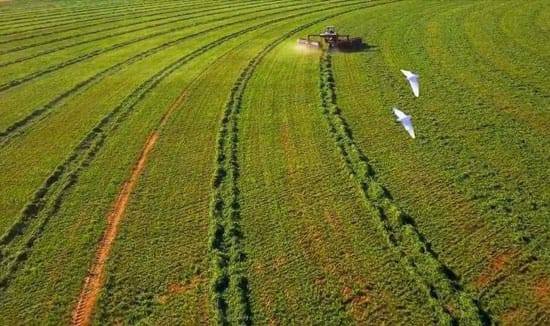In 2014, President Abdel Fattah El Sisi ordered the revival of the Toshka el-Kheir project after 20 years of mismanagement and lack of direction.
In view of the war in Ukraine, which has seriously affected wheat supplies, Toshka in the South Valley in Aswan aims for wheat self-sufficiency.
During the inauguration of the project last December, President Sisi called for stepping up efforts to reclaim Toshka lands to produce 500,000 tonnes of wheat, thereby reducing imports to only a quarter.
Toshka is seen as the ideal way to create jobs and establish new urban communities to alleviate overcrowding in the Nile Valley and the Delta.
Says Hafni Salem, professor at the Faculty of Agriculture, Aswan University: “The President’s keenness to expand the area of arable land in Toshka is one significant step towards sustainable development.”
“Concentrating on infrastructure — digging canals, setting up power grids, and overcoming all weakness points that hindered the project in previous years — is the way to revitalise Toshka,” Salem added.
Agronomist Hazem Abdel Moneim said adding 100,000 feddans (acres) of the South Valley will achieve an unprecedented leap and a ‘new delta’.
“Growing wheat, barley, beans and clover is the aim of this large project,” Abdel Moneim told this paper, adding yields can be as much as 24 bushels per feddan.
Meanwhile, El-Rajhi silo was officially inaugurated in Toshka to store 30,000 bushels of wheat.
Abdel Moneim said: “Planting 2.3 million date palms in Toshka will bring self-sufficiency in dates.”






Discussion about this post